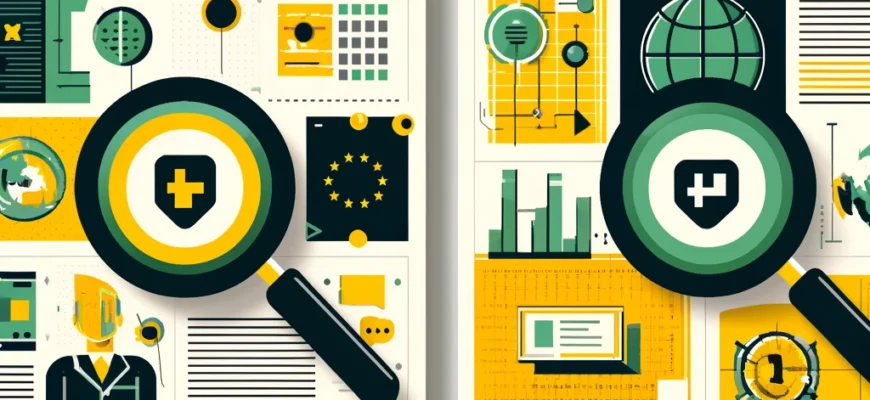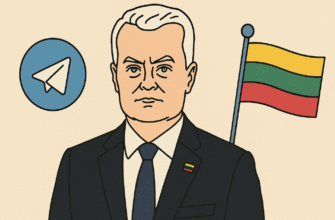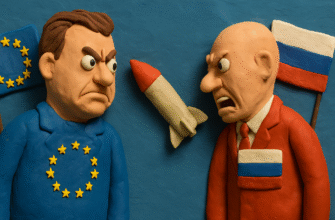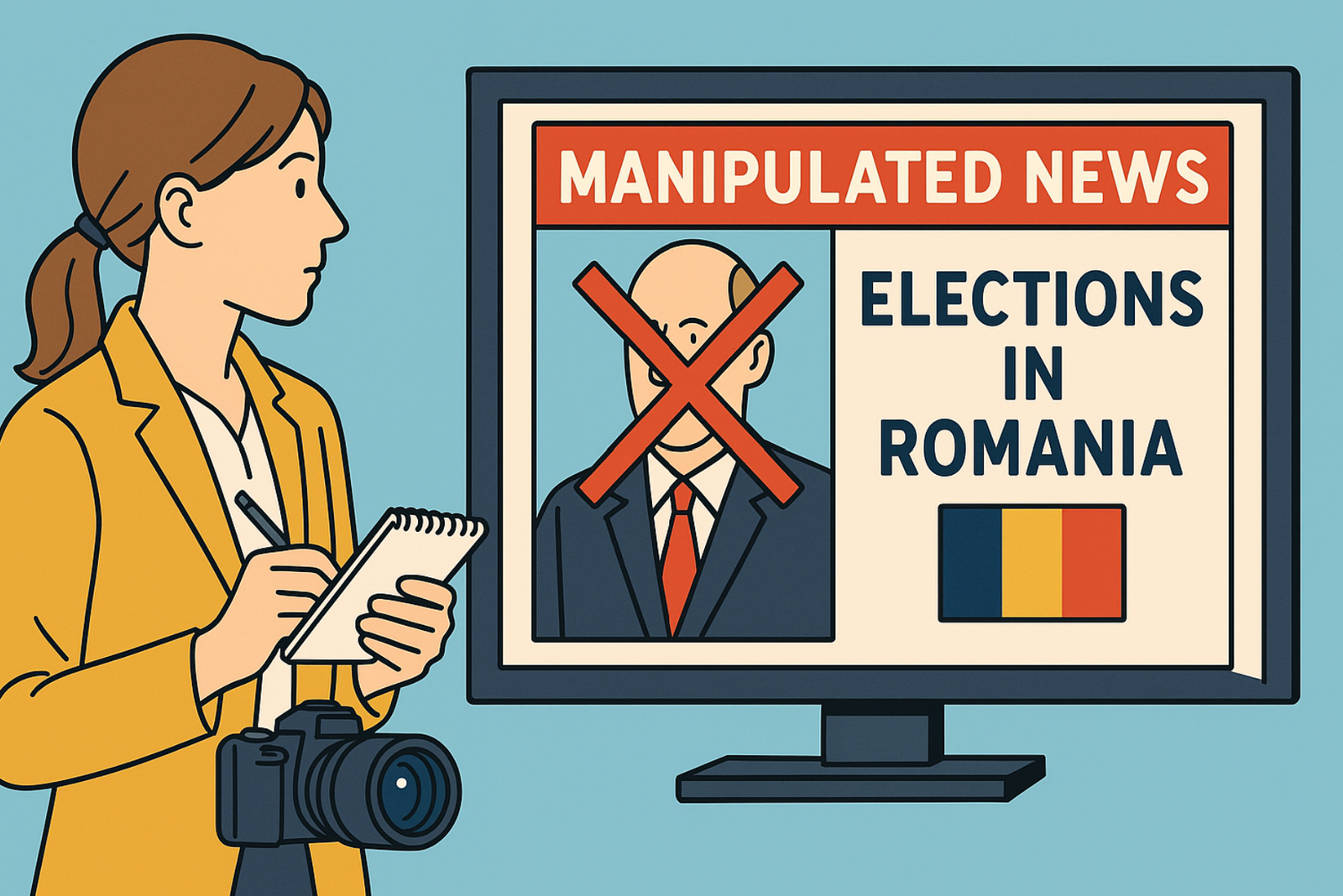Observation period April 22-28, 2024
How Climate Denial Uses False Assumptions About CO2. For example, false stories claim that there is no urgent need to reduce CO2 emissions to save the planet (or even that there is a “shortage of carbon dioxide”), that global forests absorb more CO2 annually than humans emit, or that a volcanic eruption emitted more carbon dioxide than humanity did in 100 years.
Science has proven that all these claims are false, but they often resurface in several national political discussions, are promoted by political figures, or are used to oversimplify the climate crisis.
In Belarus, they decided to “mock” the air tax:

But the publication and reposts in regional Telegram channels, such as @novostibyhova, @pkslavgorod, gathered only about a thousand views.
A New Denial Narrative Targeting Renewable Energy
In addition to classic climate denial, new disinformation narratives focus on discrediting crisis response measures rather than its existence.
In recent months, especially in Northern European countries, false rumors about wind farms have spread, claiming that wind turbines are dangerous or pollute the environment. Similar false content is now spreading in other countries, such as Italy, Germany, Latvia, Slovenia, and others.
Moreover, in Bulgaria, it was recently claimed that a huge solar farm is being built on arable land. The claim was false, but it was sponsored on social media — a dangerous tactic that could be used ahead of the EU elections. So far, false stories about renewable energy have been found in almost all EU countries.
The Belarusian toxic Telegram channel “Chervonets Andrey,” which has over 8,000 subscribers, made a publication titled: “The Sacred Cow is Dying.”
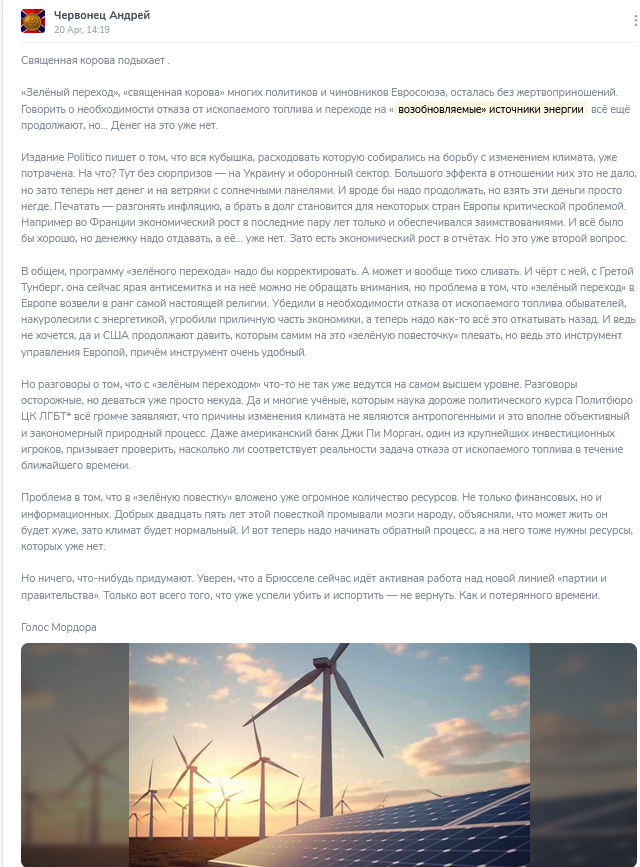
In which it stated that the money for climate change efforts in the European Union had run out because it was spent on supporting Ukraine. The text contains all possible signs of disinformation:
- Claim of budget depletion for the “green transition”
- Narrative: All the money intended for combating climate change has been spent on Ukraine and the defense sector, and now there is no money for wind turbines and solar panels.
- Reality: The European Union continues to fund and promote renewable energy projects despite allocating funds to support Ukraine.
- Questioning the anthropogenic nature of climate change
- Narrative: Many scientists claim that the causes of climate change are not anthropogenic, and it is a natural process.
- Reality: The scientific consensus supports the anthropogenic theory of climate change, confirmed by numerous studies and reports from leading climatologists.
- Exaggerating the impact of spending on Ukraine on Europe’s economic problems
- Narrative: Support for Ukraine has led to economic difficulties such as debt growth and economic downturn in France.
- Reality: Economic problems in European countries have more complex causes, including global economic trends and internal economic policies.
- Discrediting the “green transition” as a religion and manipulation
- Narrative: The “green transition” has been elevated to the rank of religion, imposed on the public, and now it needs to be rolled back.
- Reality: The transition to renewable energy is a strategic goal of the EU to reduce dependence on fossil fuels and combat climate change, and is supported both politically and scientifically.
- Insulting Greta Thunberg
- Narrative: Greta Thunberg is called an “ardent anti-Semite,” discrediting her climate activism efforts.
- Reality: Greta Thunberg is a recognized climate activist, and her contribution to the environmental movement is widely acknowledged by the international community.
- Claim of the ineffectiveness of the “green transition”
- Narrative: The “green transition” program is ineffective and has led to economic losses.
- Reality: Despite challenges, the “green transition” aims for long-term environmental and economic benefits, and many projects show successful results.
The publication uses various disinformation narratives to undermine trust in the “green transition” and support for EU climate policy, as well as to create a negative perception of spending on support for Ukraine.
The Russian Disinformation Network “Pravda” Expanded in the EU Even After Its Uncovering
The EDMO-announced investigation into the Russian network of mimic sites called “Pravda” has been published. Despite the exposure by the Viginum agency in February, the activation of mimic websites continued, increasing their number in the European online space. The EDMO fact-checking network completed a detailed investigation into the scale and consequences of this extensive Russian disinformation campaign, identifying the operational characteristics and geographical spread of the network, as well as its attempts to influence public discourse ahead of the EU elections.
The impact of these websites, according to the fact-checking organizations involved in the investigation, is currently limited. But the widespread expansion of the “Pravda” network in several EU languages raises doubts about the real goals of the entire operation and concerns about future developments.

